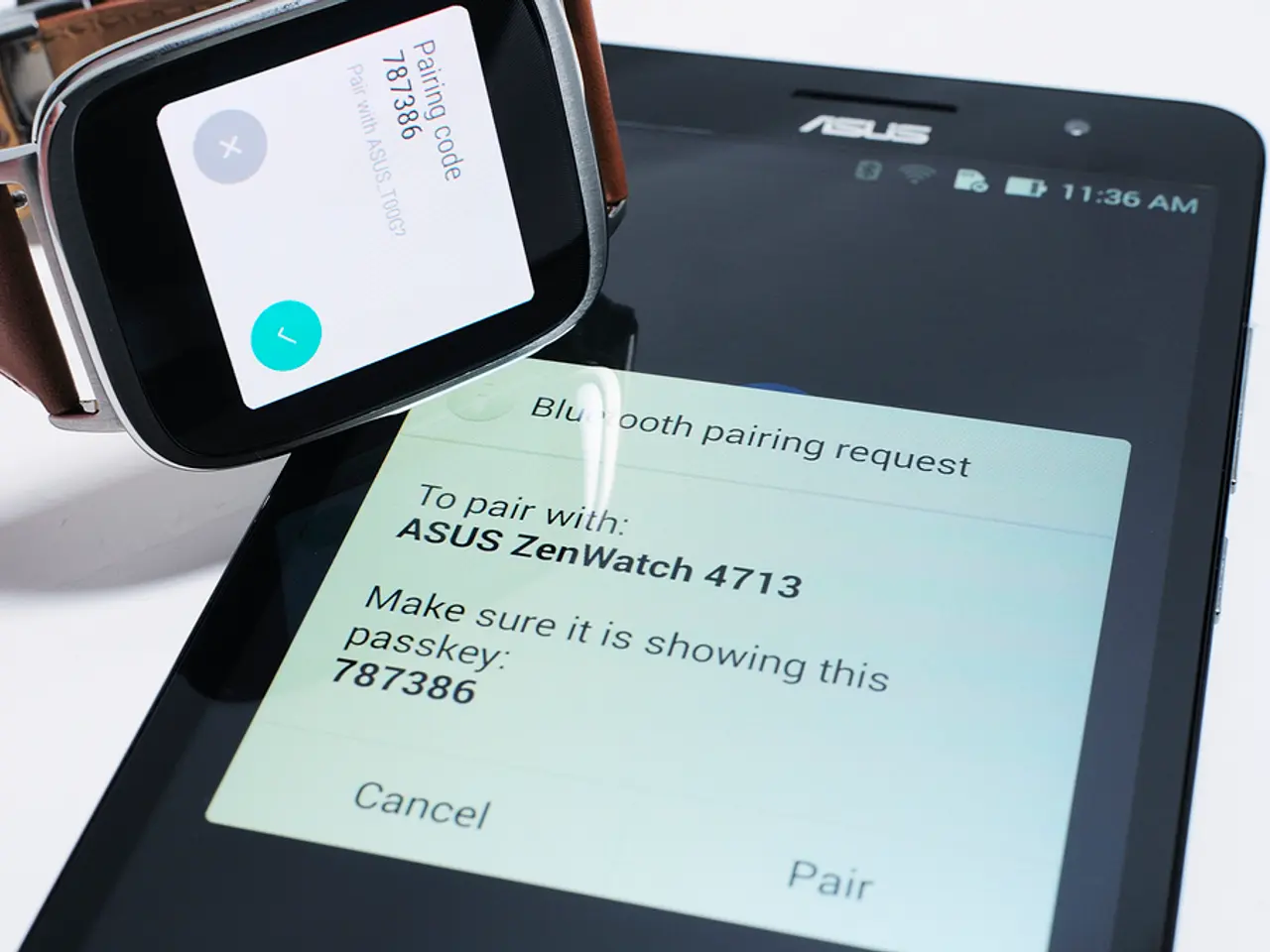Essential Guide to GPS Trackers: Unraveling the World of GPS Tracking Devices
In today's fast-paced world, GPS trackers have become an essential tool for keeping tabs on valuable possessions, loved ones, and even pets. With a variety of options available, it's crucial to understand the key factors that influence the performance and suitability of a GPS tracker for your specific needs.
### Tracking Capabilities
Decide whether you need real-time location updates or are comfortable with data logged for later review. Real-time trackers typically require a monthly subscription, while delayed trackers often have little or no ongoing fees. Opt for devices with high location accuracy, especially if precise tracking is critical for your use case. Consider where you’ll use the tracker, as some devices work globally, while others only offer local coverage.
### Power and Battery
Evaluate the battery life of the device, as longer battery life may mean fewer features or a higher price. Check if the battery is replaceable, rechargeable, or built-in, as this affects long-term usability and maintenance. Determine the charging mechanism of the device, as portable units usually need frequent recharging, while plug-in or hardwired models draw power from the vehicle.
### Device Design and Durability
For portability or concealment, choose smaller and lighter trackers. Look for waterproof, shock-resistant, or chew-proof options, especially for outdoor, pet, or harsh environment use.
### Connectivity
Devices with a SIM card use cellular networks for real-time updates and remote communication, but require a data plan. SIM-free trackers may be cheaper but offer limited functionality, often logging data for later retrieval. The most accurate trackers combine GPS with cellular, Wi-Fi, or Bluetooth for better location pings and connectivity.
### Features and Extras
Ensure the tracker works with a user-friendly app and offers smart alerts (e.g., geofencing, motion detection). Some devices offer advanced features like route history or health stats, useful for pets or vehicles. Choose between portable, plug-in, or hardwired installation based on your use case and desired convenience.
### Cost
Factor in the device price and any monthly subscription fees. Balance cost against the features you genuinely need to avoid overpaying for unnecessary extras.
### Additional Tips
- Read user reviews for real-world experiences that highlight strengths and weaknesses not evident in specs. - If possible, test the device in your intended environment before committing. - Consider whether the tracker can adapt to changing needs or integrate with other smart devices.
By carefully evaluating these factors, you can select a GPS tracker that offers the right mix of functionality, reliability, and value for your specific requirements.
Some popular GPS trackers on the market include the Logimistics Micro 420, known as the best all-around tracker, offering 4G capabilities, a long battery life, and compatibility with both Android and iOS platforms. The device is small enough to be hidden in a palm, but its casing is not waterproof. The Logimistics Micro 420's tracking app is easy to use and understand, and an extra casing is inexpensive, costing only a couple of dollars.
The GPS was first introduced by the US government and has since been featured in various TV shows and movies. In real life, GPS trackers have been used to locate people and objects, making them an invaluable tool for safety and security. When buying a GPS tracker, consider its cost and size, prioritizing safety over quality.
- When considering gadgets for tracking purposes, it's important to assess the technology used in each device, such as the connectivity, battery life, and location accuracy.
- For an all-round high-performing gadget, the Logimistics Micro 420 is a popular choice, boasting 4G capabilities, long battery life, and compatibility with both Android and iOS platforms, despite its non-waterproof casing.




